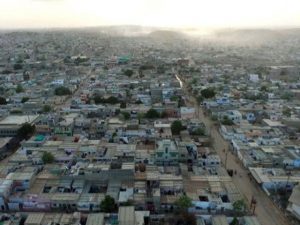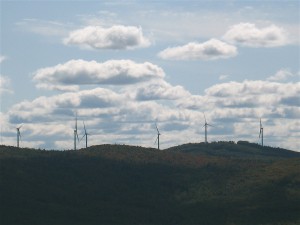Dec 10 2018
The Human Condition
 Several years ago, when I first started thinking about wildness and being human, I looked for a way to sync what I feel while tramping alone in a wild place with something that can be said about humankind in general. In my naiveté I thought I could do this without delving too deeply into the human condition. I was dead wrong about that.
Several years ago, when I first started thinking about wildness and being human, I looked for a way to sync what I feel while tramping alone in a wild place with something that can be said about humankind in general. In my naiveté I thought I could do this without delving too deeply into the human condition. I was dead wrong about that.
We are inherently wild, I believe, because our prehistoric ancestors were wild and the only things that separates us from them are the trappings of civilization. But civilization doesn’t change who/what we are. It is merely a way of life different from how we lived for tens of thousands of years, namely hunting and gathering.
What exactly is civilization? It is the promise of a better world based upon collective action. Agriculture was the first great success in that regard. We work in concert with each other and we all prosper as a consequence. That’s the intention, anyhow. But somewhere along the line, things have gone wrong, terribly wrong.
The philosopher Thomas Hobbes said that pre-civilized life was “poor, nasty, brutish and short.” That seems to me more like a commentary about how things are now than the way things were. Not for you and me, of course, because we are the Haves. But the Have Nots are acutely aware of civilization’s broken promise.
In all the world’s biggest cities, there are slums. In the newly industrialized countries of Asia, Africa and Latin America, some of these slums run upwards to a million people. A few places even more. Orangi Town of Karachi, Pakistan is currently considered the biggest slum at 2.4 million, bumping out Dharavi in Mumbai, India. By some estimates, over a billion people live in these “informal settlements” without adequate means to support themselves, sufficient food, health care, sanitation, or clean drinking water. And the numbers are growing. Habitat for Humanity claims that by 2030 a quarter of humanity will be living in squalor.
When Mahatma Gandhi heard someone call him a friend of the poor, he felt humiliated. “My friendship for them should be a sorry affair,” he said, “if I could be satisfied with a large part of humanity reduced to beggary.” Yet that seems to be what most of us are willing to accept: the unintended consequences of our industrializing, globalizing civilization. Collectively speaking, are we really better off than we were fifteen thousand years ago? Wealthy people think so, but they’re in the minority. The rest of us are just glad we don’t live in the slums. Not yet, anyhow.
Comments Off on The Human Condition




